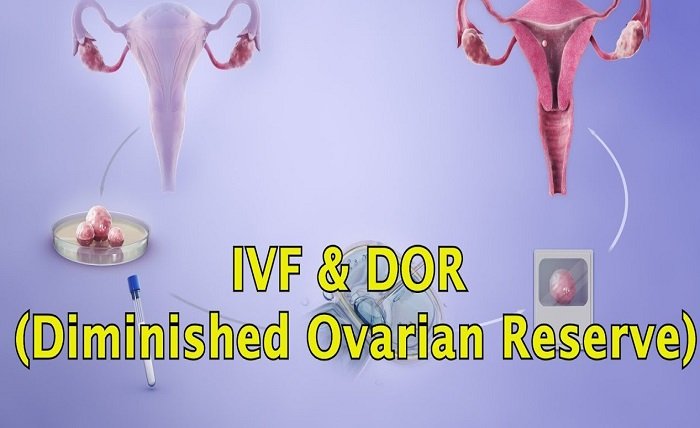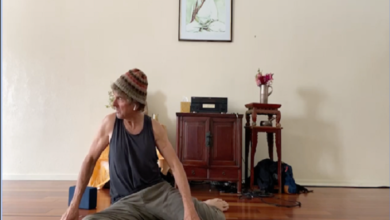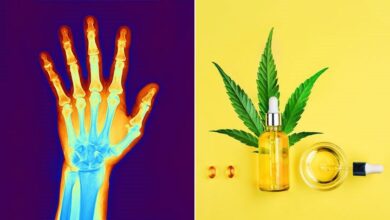Understanding the DOR Full Form in Medical: Causes, Symptoms, and Treatment

In the world of medicine, acronyms are a common occurrence. One such acronym that often comes up in discussions is “DOR.” If you’ve ever wondered what “DOR” stands for in a medical context, you’ve come to the right place. This article aims to provide a comprehensive understanding of the full form of “DOR” and delve into its causes, symptoms, and available treatment options.
What is DOR?
“DOR” stands for Diminished Ovarian Reserve. It is a medical term used to describe a condition in which a woman’s ovaries have a reduced number of eggs, both in terms of quantity and quality. This condition often indicates a decline in fertility potential and can be a source of concern for women who are planning to conceive.
Causes of DOR:
There are several factors that can contribute to the development of Diminished Ovarian Reserve. Age is one of the primary factors, as a woman’s egg reserve naturally diminishes with age. However, certain medical conditions, such as endometriosis, autoimmune disorders, and cancer treatments like chemotherapy and radiation therapy, can also accelerate the depletion of ovarian reserve. Genetic factors and lifestyle choices, such as smoking and excessive alcohol consumption, can further exacerbate the condition.
Symptoms and Diagnosis:
Diminished Ovarian Reserve often does not present any noticeable symptoms in its early stages. However, as the condition progresses, women may experience irregular menstrual cycles or changes in the menstrual flow. Difficulty in conceiving or an increased time to achieve pregnancy can also be signs of DOR. If you suspect that you may have Diminished Ovarian Reserve, it is important to consult with a healthcare professional who can perform the necessary tests and evaluations. Blood tests that measure hormone levels, such as follicle-stimulating hormone (FSH) and anti-Mullerian hormone (AMH), along with ultrasound examinations, are commonly used to diagnose DOR.
Treatment Options:
While Diminished Ovarian Reserve may present challenges in achieving pregnancy, there are various treatment options available that can help improve the chances of conception. One common approach is assisted reproductive technology, such as in vitro fertilization (IVF). IVF involves the retrieval of eggs from the ovaries, which are then fertilized with sperm in a laboratory setting. The resulting embryos are then transferred to the woman’s uterus. Other treatment options may include fertility medications to stimulate egg production or the use of donor eggs or embryos.
Lifestyle Modifications and Support:
In addition to medical interventions, certain lifestyle modifications can also play a role in managing Diminished Ovarian Reserve. Maintaining a healthy diet, regular exercise, and managing stress levels can help optimize overall reproductive health. It is crucial to seek emotional support and counseling if coping with the emotional aspects of DOR becomes challenging. Connecting with support groups or seeking therapy can provide comfort and guidance during the journey.
Conclusion:
Diminished Ovarian Reserve, abbreviated as DOR, is a medical condition that affects a woman’s ovarian reserve, leading to reduced fertility potential. Various factors, including age, medical conditions, and lifestyle choices, contribute to the development of DOR. While it may pose challenges in conceiving, there are treatment options available, such as assisted reproductive technology and fertility medications. Lifestyle modifications and emotional support can also aid in managing the condition. If you suspect you have DOR, consult with a healthcare professional to explore appropriate options tailored to your specific situation.




